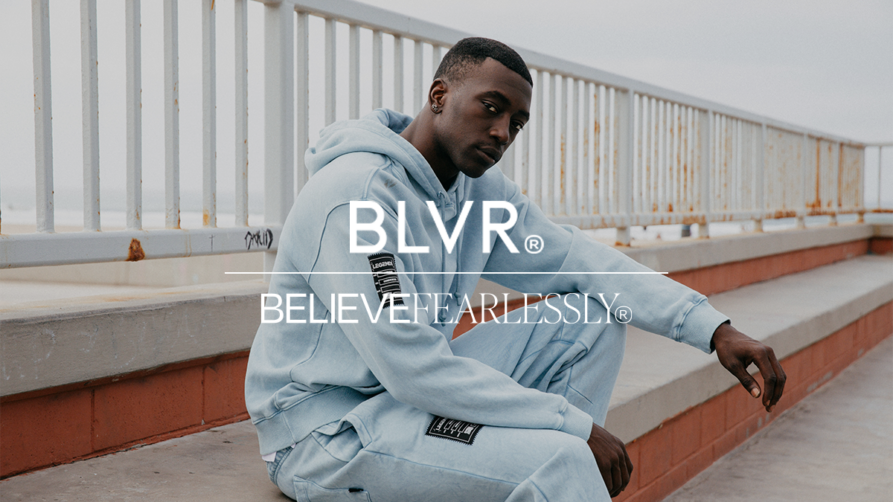In today’s world, consumers want brand authenticity. People aren’t just looking for brands that make a profit; they want to support companies with a true sense of purpose and a positive impact on society and the environment. But unfortunately, some brands have jumped on the bandwagon without walking the talk. They claim to be socially responsible but fail to address the underlying issues, resulting in “woke-washing.”
Woke washing is a term used to describe when companies or organizations make superficial or insincere statements or actions to show support for social justice issues, such as racial equality, gender equality, or environmental sustainability, without actually making any meaningful changes in their practices or policies.
Now, woke-washing can be a huge problem for brands. Not only can it damage the trust and credibility among consumers, but it can also harm the very causes and movements that these brands are trying to support.
Take, for example, Gillette’s 2019 “The Best Men Can Be” ad campaign. It sparked controversy while attempting to address issues of toxic masculinity and promote positive behavior; many felt it was overly preachy and insincere. Some critics argued that Gillette was using social issues to sell razors rather than genuinely trying to make a positive impact.
The truth is consumers are more skeptical than ever and can smell a fake from a mile away. In fact, a 2020 survey by Edelman found that 60% of consumers say that too many brands are using societal issues as a marketing ploy. The same survey found that 53% of consumers believe that brands are exploiting societal issues to promote their interests rather than trying to make a positive impact.
These stats suggest that while consumers are increasingly interested in purpose-driven brands, they are also becoming more discerning and skeptical of companies that engage in woke-washing. Brands that want to avoid the backlash of woke-washing and build trust with consumers need to ensure that their purpose and values are genuine and aligned with their actions rather than just a marketing ploy.
Brands need to dig deep and really understand their values and beliefs. They need to go beyond just making a profit and consider how their products or services can positively impact society and the environment. Brands must communicate their purpose clearly and consistently to their customers. This will help build trust and establish a genuine connection with consumers.
However, it’s not enough for brands to make grandiose claims about being socially responsible; they need to back it up with action. This could mean supporting social and environmental causes, implementing sustainable practices, or treating employees fairly. By supporting their purpose, brands can demonstrate their commitment to making a positive impact by taking tangible steps.
Moreover, transparency and honesty are crucial for brands that want to build customer trust and credibility. If brands make mistakes or fall short, they need to acknowledge them and take steps to make them right. Consumers are forgiving, but they won’t tolerate deception or greenwashing. By being transparent and honest, brands can build customer trust and credibility.
Building a genuine sense of purpose takes time and effort, and it takes time to be achieved. Brands need to be patient and consistent in their efforts. By consistently demonstrating their commitment to their purpose, brands can build a loyal customer base that shares their values and beliefs.
As a belief company, we know that the idea that brands need to stand for more than just answering to shareholders isn’t going to change; it needs to be done right. Brands need to ensure that they are authentic, transparent, and committed to their purpose if they want to build trust and credibility with their customers. It’s time to move beyond woke-washing and start positively impacting society and the environment.
KEY TAKEAWAYS
- Consumers want to support brands with a genuine sense of purpose and positive impact.
- Woke-washing occurs when brands make insincere statements or actions to appear socially responsible without making meaningful changes.
- Woke-washing can damage trust and credibility and harm the causes brands claim to support.
- Brands should align their purpose with genuine actions to build trust and avoid backlash.
- Brands must understand their values, communicate their purpose clearly, and take tangible steps to support them.
- Transparency, honesty, and accountability are essential for building trust and credibility.
- Remember, building a genuine sense of purpose takes time and consistency.






